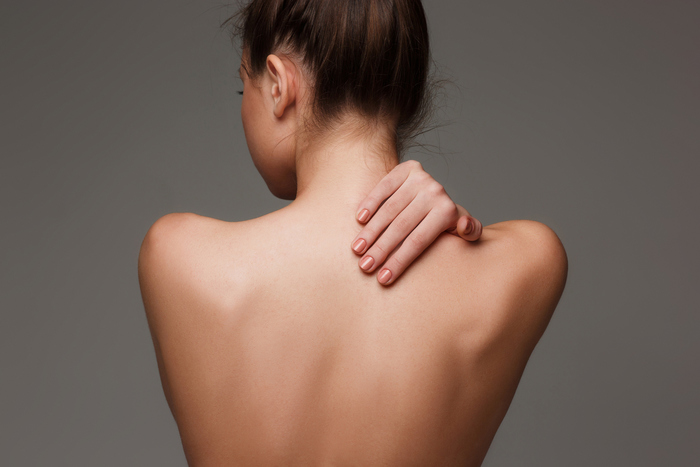
Q: I had a bilateral mastectomy on 12/11/2017 after chemotherapy for stage 3 breast cancer in my right breast with 10 lymph nodes removed. Expanders were inserted, and I had radiation treatment. I am now ready to get rid of these expanders and have reconstructive surgery. I am confident I want an autologous tissue surgery. I am on my 3rd plastic surgeon. I have concerns about going forward with my current surgeon since he has not shown me any pictures and does not talk about a “team” approach. I was interested in the PAP flap surgery since I have large hips and thighs, but he has only talked about doing the DIEP flap surgery or implants. He has other plastic surgeries (not breast reconstruction) that he specializes in his practice. I have never considered going out-of-state for medical treatment, and my work schedule is a concern. I want to know your thoughts about my situation and if I should go forward with my current surgeon. I have found your website to be a great source of information and encouragement. God bless you for all your doing to help!
A: The PAP is our 3rd line flap (after DIEP and SGAP). It is ideal in some situations, and yours may well be one of them, but it has a few potential downsides: 1) In MOST people, the flaps are fairly small, typically 200-300 grams (but you may be an exception); 2) The profunda artery perforator, while usually present, can be absent or very small. The preoperative MRI angiogram will determine this, however; and 3) If you have a donor site complication such as dehiscence, it’s difficult to manage due to the location and motion in area. One good thing about the PAP in contrast to the TUG (which we do not use) is that it involves few if any lymph nodes, and thus the risk of lower extremity lymphedema is minimal. We usually recommend the DIEP if you have a good donor site, but many people do not. Our DIEP success rate (after ~ 1350 flaps) is 99.0 percent. The SGAP—our next choice—is a good flap, although the dissection is difficult, which is why it is not performed in most places. This flap can be large, occasionally over 1000 grams in certain individuals. We have done about 270 of these flaps, most simultaneous bilateral, with a success rate of 94.8 percent. We firmly believe in the team approach, which was taught to us by Dr. Robert Allen— who was the pioneer of the DIEP, SIEA, and GAP flaps—and we would not have the amazing results we do without it. We never do flaps without two competent microsurgeons present. Thank you very much again for your inquiry. Please contact us if you need anything, and I would be happy to speak with you by phone, or see you in consultation.
Richard M. Kline, Jr., MD, East Cooper Plastic Surgery, The Center for Natural Breast Reconstruction, 843-849-8418, Fax: (843) 849-8419, 1300 Hospital Drive, Suite 120, Mount Pleasant, SC 29464.





